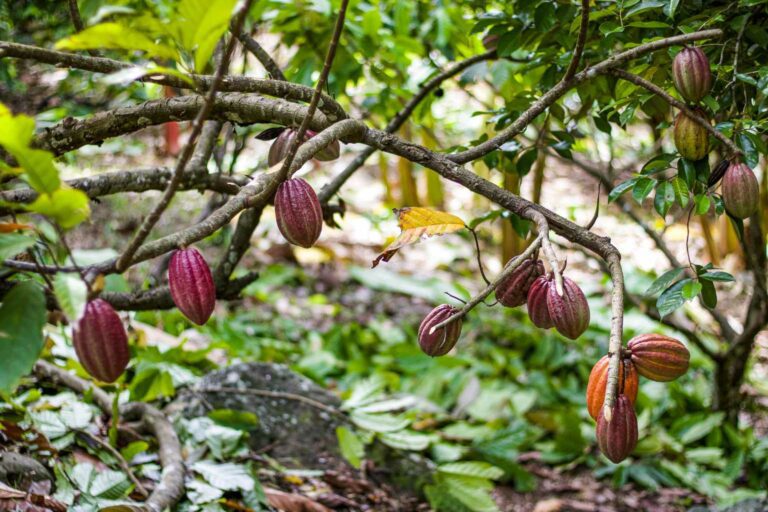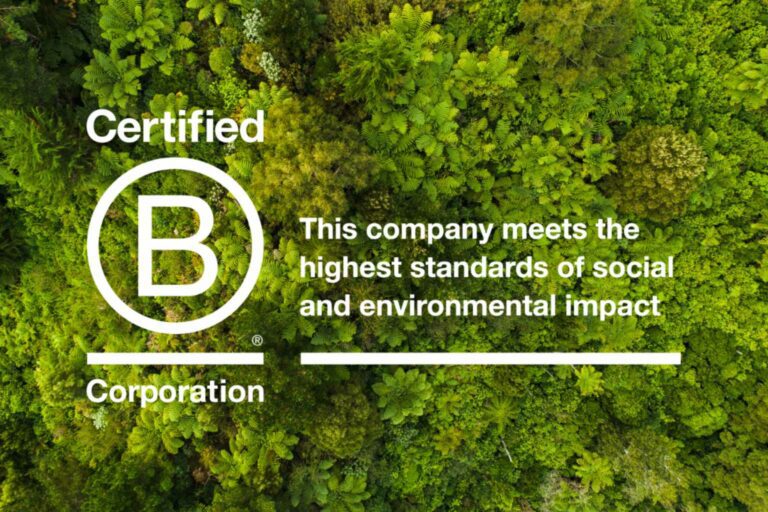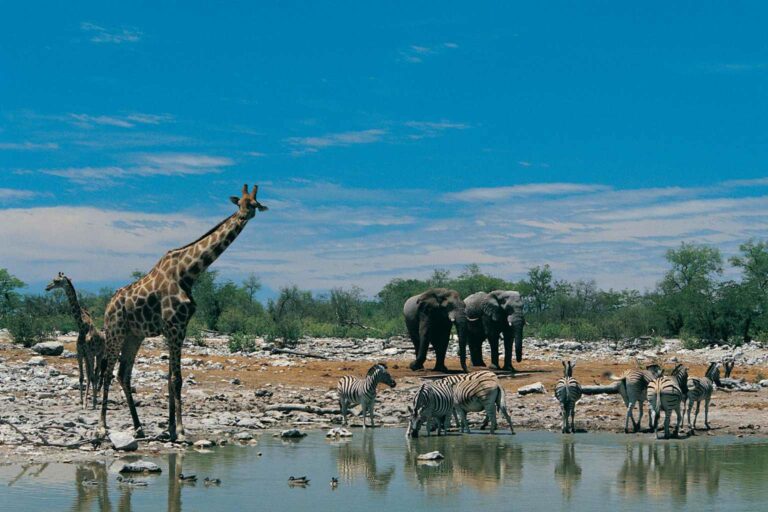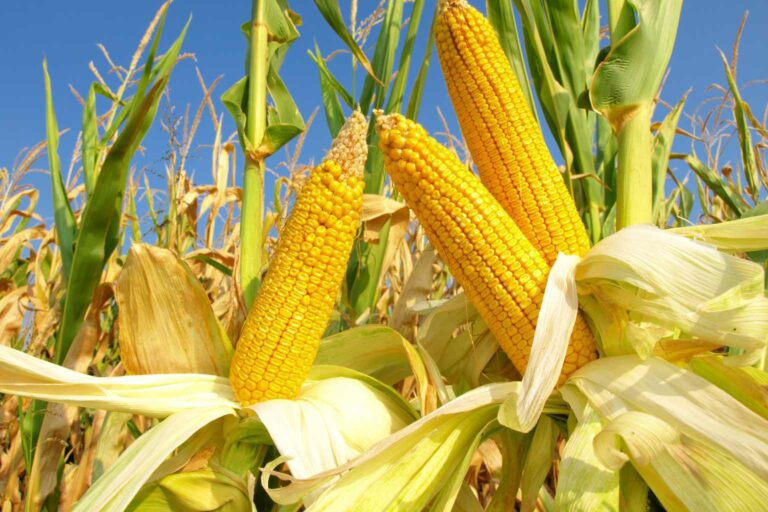
Sustainability Terms A to C: Introduction
Welcome to Play It Green’s weekly business education, where this week we start our focus on sustainability terms A to C. This guide is aimed at helping our members understand the meaning of sustainability terms and to empower them to make a positive impact on the environment. The guide will be written over a series of months, so keep an eye out for it each month.
Starting from A and going through to Z over the next few months, your guide will cover a wide range of sustainability terms and concepts. Sustainability is a broad topic that encompasses environmental, social, and economic issues. It is important to understand these terms in order to make informed decisions. Decisions about how we live our lives, run our businesses and interact with the world around us.
Sustainability Terms A to C: Agroforestry
Agroforestry is a land use management system that combines the cultivation of trees and shrubs with crops and livestock in agricultural systems. This practice is aimed at creating more diverse, productive, profitable, healthy, and sustainable land-use systems.
Agroforestry can be classified into different types based on the arrangement of trees and crops. For instance, silvo-arable agroforestry involves growing crops beneath trees in rows large enough for a tractor to tend to the crops without damaging the trees.
Agroforestry has several benefits such as improving soil fertility, reducing soil erosion, increasing biodiversity, and providing food security. It also has the potential to mitigate climate change by sequestering carbon in trees and soils.

Sustainability Terms A to C: B Corporation
A B Corporation is a for-profit corporation that has a mission to benefit society or the environment. It does this as well as producing a financial profit. B Corporations are certified by a non-profit organisation that verifies their social and environmental performance, transparency, and accountability. To achieve and maintain certification, all B Corporations must complete the B Impact Assessment. They must achieve a verified total score of 80+ points.
Not only that, but they also need to meet the B Corp legal requirement by amending the Articles of Association. The amendment embeds a commitment to consider the impact of decisions on all stakeholders. Finally companies must sign the B Corp Agreement, publicly list their impact score on the B Lab Directory, and recertify every 3 years. The UK B Corp community is growing faster than ever with over 1,300 B Corps in the UK across 58 industries with over 59,000 employees.

Sustainability Terms A to C: Biodegradable
Biodegradable is an adjective that describes a material that can be broken down into basic substances through normal environmental processes. These processes include the action of bacteria or other living organisms.
Examples of biodegradable materials include animal and plant products. Furthermore, mineral substances such as metals, glass, and plastics usually are not. Biodegradable products break down naturally into their basic natural components and avoid the issues of waste and pollution.

Sustainability Terms A to C: Biodiversity
Biodiversity refers to the variety of plant and animal life in the world or a particular habitat. A high level of which is usually considered to be important and desirable. It can also be used more specifically to refer to all of the species in one region or ecosystem. The United Nations Earth Summit defines “biological diversity” as “the variability among living organisms from all sources, including, inter alia, terrestrial, marine and other aquatic ecosystems and the ecological complexes of which they are part. This includes diversity within species, between species and of ecosystems”.
Biodiversity is important because it provides a range of benefits to humans and other organisms. For example, it maintains the balance of ecosystems by ensuring that no single species dominates an area. This helps prevent the spread of disease and pests, as well as promote soil health and fertility. Biodiversity also provides food, medicine, and other resources that are essential for human survival.

Sustainability Terms A to C: Bioplastics
Bioplastics are a type of plastic material that is produced from renewable biomass sources. Sources include vegetable fats and oils, corn starch, straw, woodchips, sawdust, and recycled food waste. They are capable of being broken down into basic substances through normal environmental processes, such as the action of bacteria or other living organisms.
One advantage of bioplastics is their independence from fossil fuels as a raw material. This is a finite and globally unevenly distributed resource linked to petroleum politics and environmental impacts. Life cycle analysis studies show that some bioplastics can be made with a lower carbon footprint than their fossil counterparts.
It’s important to note that biodegradability may offer an end-of-life pathway in certain applications, such as agricultural mulch. However, the concept of biodegradation is not as straightforward as many believe.

Sustainability Terms A to C: Wrap Up
By demystifying sustainability terms, we hope to empower our members to make positive changes in both their personal and business lives. This is the first of 10 articles that we will be publishing over the coming months. We believe that by providing our members with a better understanding of sustainability, we can help them make informed decisions that will have a positive impact on the environment and society.
We hope that this article has been informative and that you will join us on this journey towards a more sustainable future.
Let Us Support You On The Journey
Boost your ESG actions and credentials by subscribing to Play It Green from as little as £60 per annum.
Your ROI on £60 is 52 weekly pieces of education and footprint reduction tips sent every Friday. A company Forest with 156 trees planted. 10% regifted to a good cause of your choice. Free access to a host of tools and partners to help your business get to net zero and lots of marketing support.
Better For Business, Better For People, Better For Planet.






